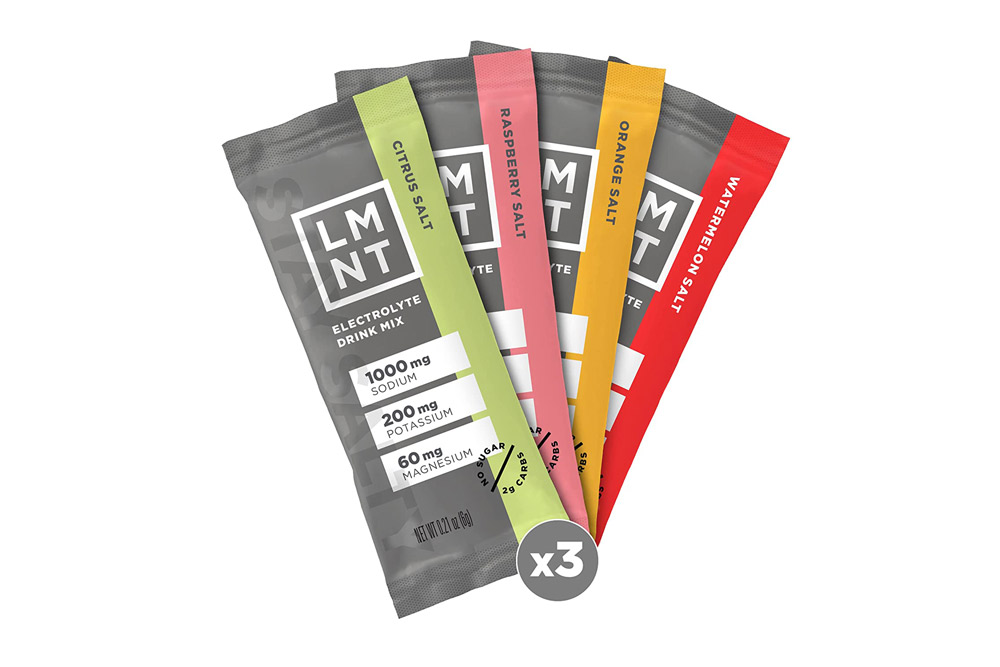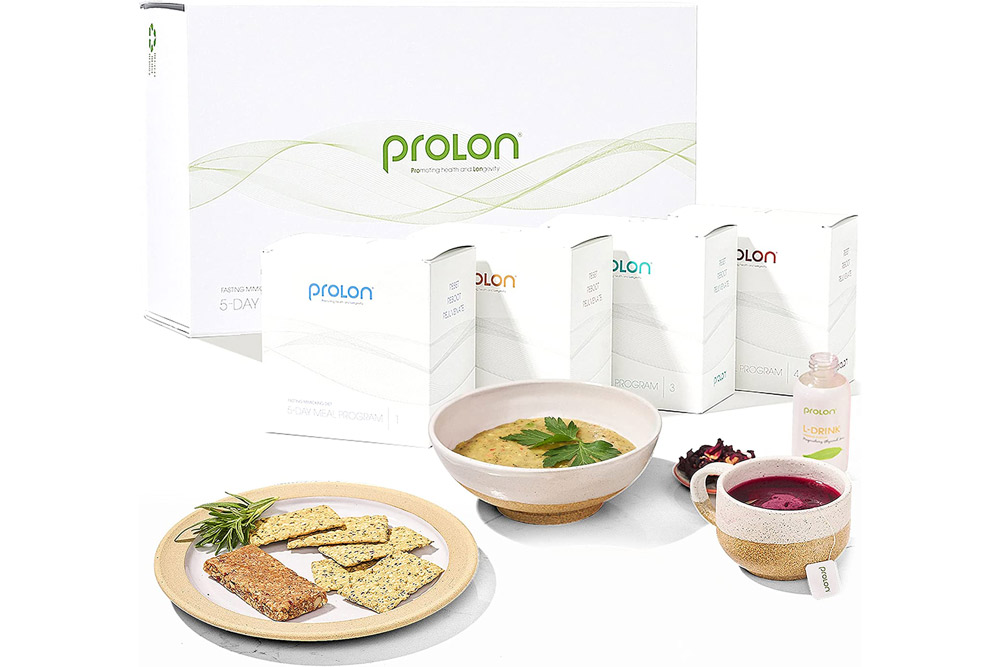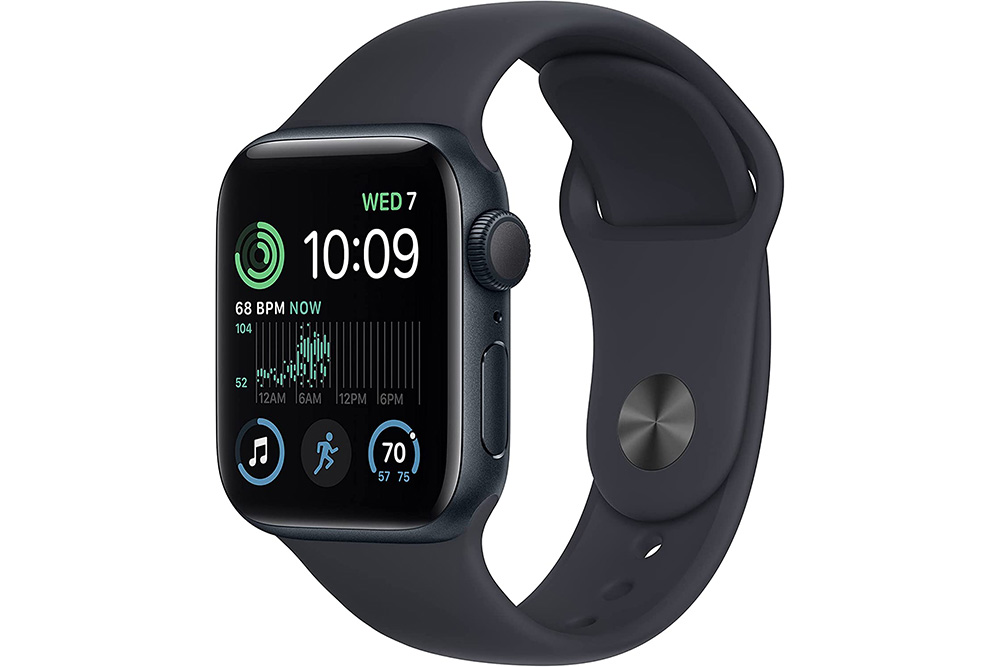Improve Your Health and Well-Being in Today’s Busy World
In today’s fast-paced world, it can be easy to neglect our health and well-being. However, taking care of ourselves is essential for living a happy and fulfilling life. In this blog post, we will discuss five ways to get healthy and improve your overall well-being. From eating a balanced diet to managing stress, these tips are easy to incorporate into your daily routine and can have a significant impact on your physical and mental health. By following these tips, you can take an important step towards achieving optimal health and well-being.
Eating a Balanced Diet
- Eating a variety of fruits and vegetables, whole grains, lean proteins, and healthy fats ensures proper nutrient intake and prevent chronic diseases.
- Aiming for at least five servings of fruits and vegetables per day.
- Limiting intake of processed foods and added sugars.
- Maintaining a balance of different food groups instead of relying on one type of food.
- Eating a balanced diet provides energy, improves mood, and helps to maintain a healthy weight.
- Consulting a dietitian for personalized recommendations and planning a diet that fits your specific needs and preferences.
- Incorporating superfoods and nutrient-dense foods into the diet for added health benefits.
- Being mindful of portion sizes and practicing moderation when consuming foods high in calories, fat, sugar, or sodium.
- Being mindful of dietary restrictions, allergies, or intolerances and planning the diet accordingly.
- Keeping track of what you eat to ensure you are getting all the needed nutrients.
Incorporating Fruits, Vegetables, Whole Grains, Lean Proteins, and Healthy Fats
A balanced diet should include a variety of fruits and vegetables, whole grains, lean proteins, and healthy fats. According to the Centers for Disease Control and Prevention, eating a diet that includes a variety of fruits and vegetables, whole grains, lean proteins, and healthy fats can help to prevent chronic diseases and provide the nutrients your body needs to function correctly.
“A balanced diet is essential for maintaining good health. Eating a diet that includes a variety of fruits and vegetables, whole grains, lean proteins, and healthy fats can help to prevent chronic diseases and provide the nutrients your body needs to function properly.”
Source: Centers for Disease Control and Prevention
The World Health Organization also recommends aiming for at least five servings of fruits and vegetables a day and limiting your intake of processed foods and added sugars. Eating a balanced diet can not only help prevent chronic diseases but also give you energy, improve your mood, and help you maintain a healthy weight. It’s essential to make sure you’re getting a balance of different food groups and not just relying on one type of food, for example, eating only fruits or only protein.
“Aim for at least five servings of fruits and vegetables a day, and limit your intake of processed foods and added sugars.”
Source: World Health Organization
Examples of Eating a Balanced Diet
- Jane is a busy working mother who wants to make sure she and her family are eating a balanced diet. She starts by planning her meals for the week, making sure to include a variety of fruits and vegetables, whole grains, lean proteins, and healthy fats. She also limits processed foods and added sugars. On Monday, for breakfast, she makes whole wheat toast with avocado and eggs and a side of fresh berries. For lunch, she packs a salad with mixed greens, quinoa, grilled chicken, and a vinaigrette dressing. For dinner, she prepares a fish fillet with sweet potatoes and steamed broccoli.
- John is a college student who wants to improve his health and focus on eating a balanced diet. He starts by making a list of foods he wants to include in his meals, such as whole grains, lean proteins, and healthy fats. He also makes sure to include a variety of fruits and vegetables in his diet. On Tuesday, for breakfast, he has whole wheat toast with peanut butter and banana. For lunch, he packs a turkey and cheese sandwich on whole wheat bread with a side of carrots and cucumber. For dinner, he prepares a stir-fry with brown rice, chicken, and mixed vegetables.
- Sarah is a retiree who wants to maintain a healthy diet and lifestyle. She starts by planning her meals for the week, including a variety of fruits and vegetables, whole grains, lean proteins, and healthy fats. She also limits processed foods and added sugars. On Wednesday, for breakfast, she has oatmeal with milk and berries. For lunch, she prepares a salad with mixed greens, lentils, and a side of sliced avocado. For dinner, she prepares grilled chicken breast with roasted sweet potatoes and green beans.
Simple Tips for Incorporating a Balanced Diet into Your Daily Routine
- Plan your meals and snacks in advance to ensure you have a variety of healthy options on hand.
- Make sure to include a balance of fruits and vegetables, whole grains, lean proteins, and healthy fats in your diet.
- Limit processed foods and added sugars.
- Incorporate a variety of colorful fruits and vegetables to ensure you are getting a wide range of vitamins and minerals.
- To add variety to your diet, experiment with different types of whole grains, such as quinoa, barley, and brown rice.
- Choose lean proteins such as fish, chicken, and legumes, and include healthy fats like avocado, nuts, and seeds.
- Practice portion control and avoid overeating.
- Read food labels and be mindful of the nutritional content.
- Stay hydrated, and drink plenty of water throughout the day.
- Consult a dietitian for personalized recommendations if needed.
- Listen to your body and pay attention to how different foods make you feel.
- Be mindful of any dietary restrictions, allergies, or intolerances, and plan your meals accordingly.
- Eating a balanced diet can be a journey, don’t get discouraged; it takes time to change eating habits and make it a lifestyle.
The Importance of a Balanced Diet for Overall Health and Well-being
In conclusion, Eating a balanced diet is essential for maintaining good health and preventing chronic diseases. It’s important to include a variety of fruits and vegetables, whole grains, lean proteins, and healthy fats in your diet and to limit processed foods and added sugars. Incorporating these tips and incorporating them into your daily routine can help you achieve a balanced diet and improve your overall well-being.
Remember that eating a balanced diet is a journey, and it may take time to change eating habits and make them a lifestyle. It’s always helpful to consult a dietitian for personalized recommendations and to pay attention to how different foods make you feel.
Eating a balanced diet is not only good for your physical health but also for your mental well-being. Be mindful of your body and its needs, and make healthy choices that will benefit you in the long run.
Image by senivpetro on Freepik








